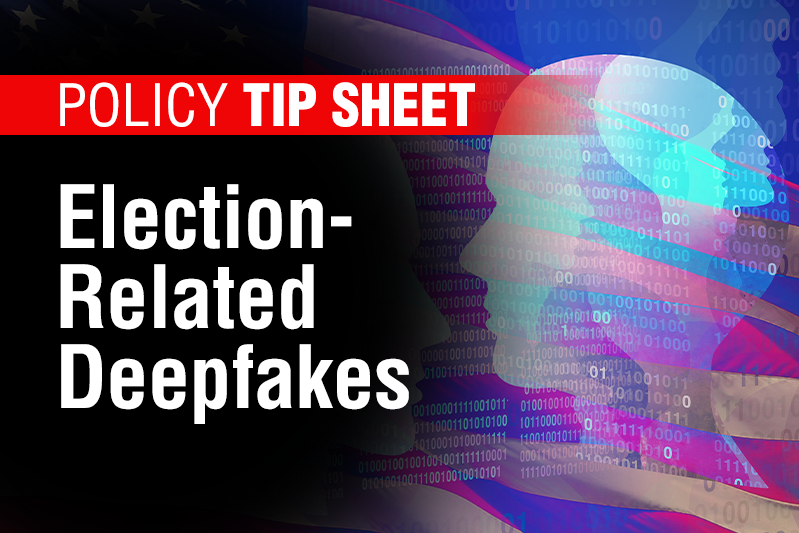A series of forums on “The Future of Content and Control” brought professors, technology policy advocates, and IT innovators to eBay headquarters in San Jose, California, where participants displayed wide disagreement on issues of national telecommunications policy.
A full day of panel discussions took place on May 12, with additional forums held in June.
The events were sponsored by the Media Access Project, a self-declared “nonprofit advocacy organization dedicated to promoting the public’s First Amendment right to access a diverse marketplace of ideas in the electronic mass media of today and tomorrow.”
The organization generally focuses on securing government intervention in the technology sector for the promulgation of specific outcomes it believes will not be achieved by the free market and individual choice.
Hands-Off Approach Suggested
The first panel, “The Changing Nature of Content,” considered the relationship between government and content creators on the Internet. Patrick Ross of the Copyright Alliance called for a hands-off approach to government intervention in content management, answering, “Get out of the way!” when moderator Andrew Jay Schwartzman of the Media Access Project asked for suggestions on how the government should approach creative content management.
Ross then said, “Government action, other than increased enforcement of existing copyright law, could only get in [creative producers’] way.”
Ross and Microsoft counsel Julie Sigal pointed to the overwhelming passage on May 8 of HR 4279, the Prioritizing Resources and Organization for Intellectual Property Act (PRO-IP) in the U.S. House of Representatives.
Ross said, “Its large number of backers and smooth passage in the House speak to its ability to embrace multiple interests, and that’s all to the good.”
Sigal said, “most copyright legislation that becomes law results from consensus,” epitomized by the 408 to 11 affirmative vote on HR 4279.
Defining ‘Pipe’ Ownership
The afternoon session of the forum considered “Whose Pipe Is It–The End of ‘End to End’?” Skydeck CEO Jason Devitt pointed out what he saw as a need for net neutrality rules on the Internet because of high financial barriers to entry for small companies such as his own.
Stanford University professor Mark Lemley and AT&T Vice President Jeff Brueggeman discussed concerns about Internet service providers (ISPs) blocking content for subscribers. Lemley said government regulation was necessary because “ISPs might block eBay.” Brueggeman stated his company’s position in support of existing regulations guiding network management.
Lemley said, “Clearly the panelists were not of one mind on the question of network neutrality,” following his participation on the panel. He noted, “If there is a consensus, it is that there is a middle ground between intrusive regulation and doing nothing.”
Lemley painted a stark picture of the net neutrality debate, where artists want to reach consumers while producers with legal wherewithal would like to work with providers such as AT&T to fight against piracy.
Issues Remain Unresolved
The second half of the forum was scheduled for June 12, 2008 at eBay headquarters. At press time the forum was titled “Open Access and the New Net Neutrality and Wireless Policy After the 700 MHz Auction” and was to draw upon the results of the initial panel discussions.
The purpose of both forums and a June event in Washington, DC is the development of recommendations on Internet and telecommunications policy for delivery to the next president of the United States.
At the May 12 event, Professor Jonathan Zittrain of Harvard Law School said he wanted panelists to remember the roots of America’s telecommunications infrastructure. “The Internet was facilitated by a crucial but amazingly modest government investment,” Zittrain stated in response to the conference’s theme. “[This funding] generated a system that was completely different from–and better than–anything the commercial sector had developed.”
“A new governance framework is needed to promote the development and adoption of appropriate security technologies,” said Professor Jane Winn of the University of Washington Law School.
Winn said, “The existing regulatory framework veers between punitive liability for security breaches without regard to failure and a failure to require even minimal compliance with well-established best practices.”
Nicholas Katers ([email protected]) writes from Milwaukee, Wisconsin.



